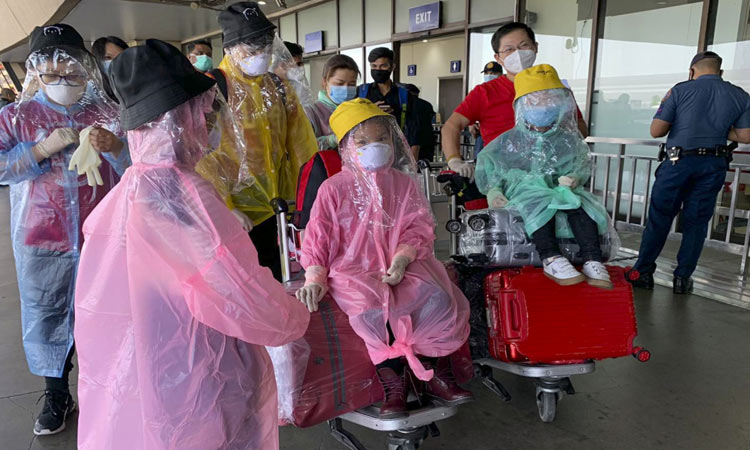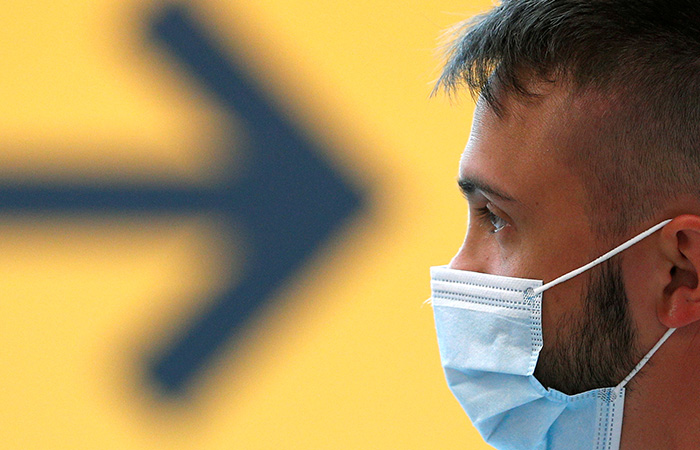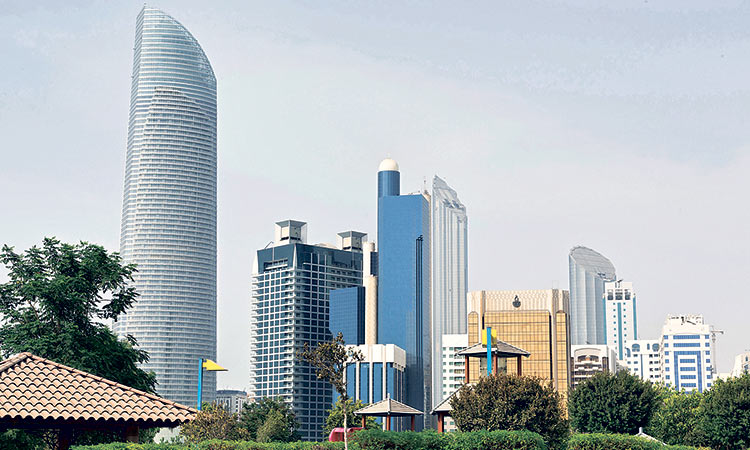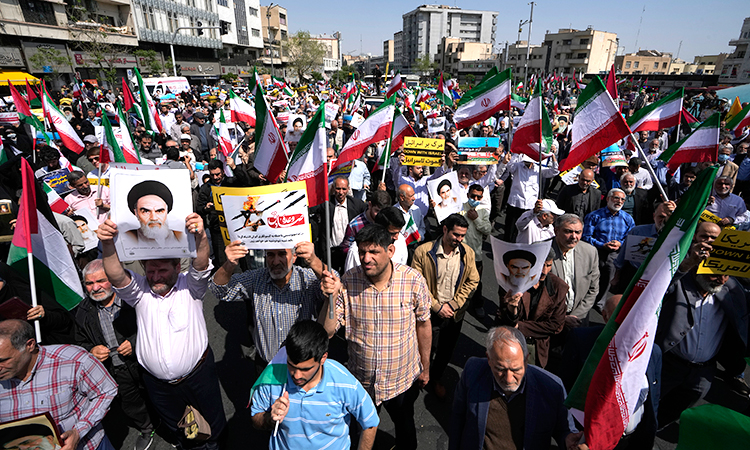Rise in infections of Filipino healthcare workers 'alarming'

Photo has been used for illustration purpose.
The World Health Organisation (WHO) expressed alarm over the increasing number of frontline health workers like doctors and nurses being infected in the intensified campaign to prevent the rapid spread of novel coronavirus (COVID-19) pandemic in the Philippines.
Dr Abdi Muhamad, the COVID-19 incident manager of the WHO Western Pacific regional office based in Manila, described as "very worrisome" a recent Philippine health department report that a total of 766 frontliners have tested positive for the dreaded ailment.
"The Philippines a bit of an outlier. That is why we're very closely monitoring with the health minister (Francisco Duque) to determine the reasons why the Philippines has a high percentage of infected health workers," Muhamad said.
Such high rate, Muhamad explained, was four times more than the average observed in the 22 countries belonging to the WHO Western Pacific Region including the Philippines and China.
Earlier, the health department reported that of the total of 766 health workers infected, 339 were doctors and 242 nurses.
It added 22 of the affected frontliners had died, representing nearly 69 per cent of country's total death toll of 387 as of Friday, higher than four per cent in China where the virus has originated particularly in Wuhan, the capital city of Hubei province December last year.
In this light, Undersecretary Maria Rosario Vergeire, the health department spokesman, reported that testing of the frontliners started about two weeks ago, pointing out "they belong to our vulnerable group."
Meanwhile, the COVID-19 Pandemic Response Team from the state-run University of the Philippines warned the high infection rate among the country's frontliners could "overburden" the country's health system.
According to the team, the country has an average of 3.7 doctors per 10,000 population, which was way below WHO's recommendation of 10 per 10,000 population.
In a related development, Dr Takeshi Kasai, the WHO regional chief for the Western Pacific, warned any plan to ease quarantine or lockdown restrictions imposed against the disease should be carried out gradually to prevent a possible resurgence of COVID-19.
Kasai's warning came reports that President Rodrigo "Rody" Dutere was to decide on Wednesday whether to lift or extend a modified lockdown on the whole of the main island of Luzon including Metro Manila which is to end on April 30.
Kasai acknowledged there is "no one-size, fits all solution" to the pandemic but he urged governments to make their decisions guided by public health principles and that any easing of measures should gradually be done.
"If restrictions are relaxed too soon before a strong system is in place to identify, isolate and trace their contacts, this will likely lead to a resurgence of the disease," Kasai warned.







